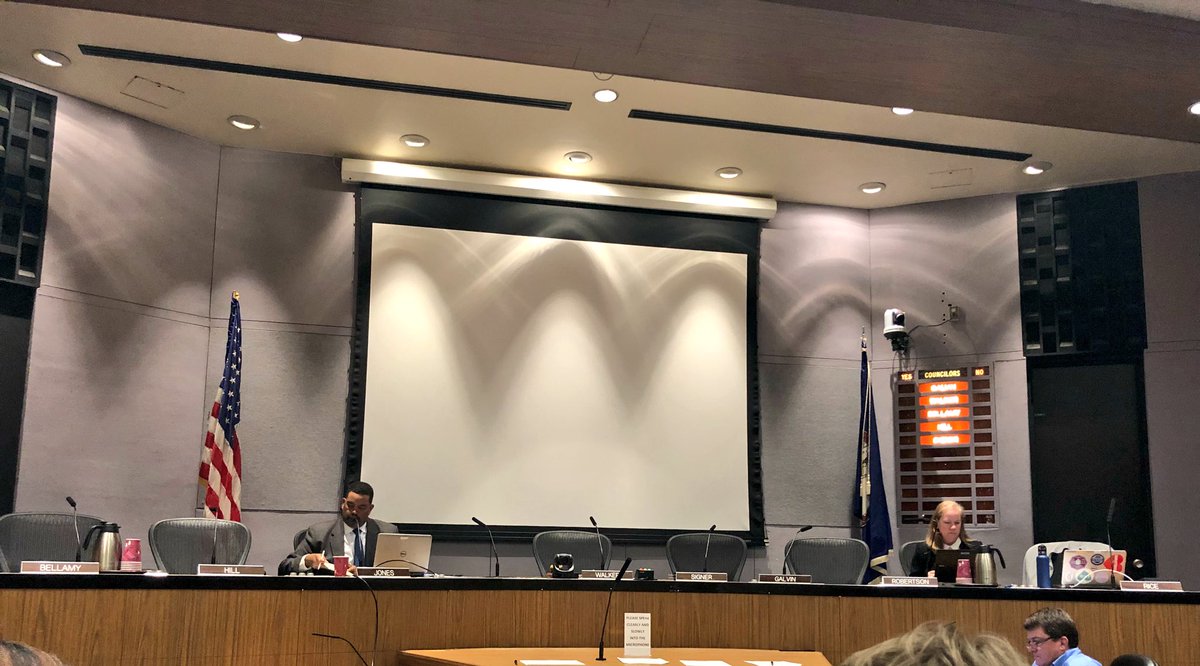1. ‘MMT applies to countries other than the US, but not to the same degree … MMT tends to implicitly presuppose in a model-platonistic manner that all 200 states had the same quality of institutions, and does not connect to the state-building debate’
3. MMT has only a partial view of law that ignores private law
e-elgar.com/shop/eurozone-…
amazon.com/Monetary-Europ…
levyinstitute.org/search/
levyinstitute.org/topics/eurozone
neweconomicperspectives.org/?s=eurozone
Just as a starting point.
It is also seen in the work of developmental scholars, and scholars in developing countries, who use
levyinstitute.org/publications/j…
w full list here:
cas2.umkc.edu/ECON/economics…
neweconomicperspectives.org/category/felip…
papers.ssrn.com/sol3/papers.cf…
papers.ssrn.com/sol3/papers.cf…
along with The work of Jesus Resendiz on applying MMT in Mexican context (twitter.com/Tlacuachito), Jesus Felipe at the Asian Development Bank, & others.
adb.org/sites/default/…
In addition to the work published at the
levyinstitute.org/research/the-s…
As well as the broader work of Fadhel’s center, the Global Institute for Sustainable Prosperity, and the various scholars
global-isp.org
(see, e.g. global-isp.org/working-paper-…)
It also includes work undertaken to explore the contexts in which countries may struggle to develop monetary sovereignty based on
nakedcapitalism.com/2013/05/nathan…
As well as the recent book by Ndongo Samba Sylla (a keynote speaker at the upcoming 3rd International MMT Conference) and Franny Pigeaut on monetary sovereignty in
amazon.fr/Larme-invisibl…
As well as the conditions under which monetary sovereignty may be generated, and how, such as this talk by Nathan Tankus
At the same time, there are a number of countries that do enjoy sufficiently high degrees of monetary sovereignty such that they have greater degrees of fiscal space than currently implied by their institutional
fullemployment.net
As well, of course, as Bill’s blog, which has dozens of posts on the specifics of the
bilbo.economicoutlook.net
As well as Japan, the UK, New Zealand, and others, which can also be found at the above links and elsewhere. A special shout out to a friend of mine, @AskerVoldsgaard, who recently published his master’s thesis exploring monetary
Clearly, the fact that MMT scholars and students have engaged directly in empirical,
levyinstitute.org/publications/c…
Or Fullwiler’s article tracing the inter-institutional operational steps involved in fiscal spending
papers.ssrn.com/sol3/papers.cf…
Or it’s detailed understanding of primary dealer markets, such as Eric Tymoigne’s piece here:
levyinstitute.org/pubs/wp_788.pdf
Indeed, many MMT scholars consider themselves working in the tradition of Hyman Minsky, who always and
Hence, MMT scholars such as Randy Wray and Yeva Nersisyan highlighting the importance of the shift towards a shadow bank-centric world, here:
And designing proposals that go into detail in terms of proposing new institutional arrangements for the financial system, such as here:
levyinstitute.org/pubs/ppb_115.p…
digitalcommons.bard.edu/cgi/viewconten…
huffpost.com/entry/proposal…
Or understanding corporate taxation and
papers.ssrn.com/sol3/papers.cf…
In addition to work looking at the potential for local and complementary currency systems to be integrated with food systems, such as Ben Wilson’s work here:
Or Mat Forstater and Josefina Li’s work here:
books.google.com/books?id=MxVBD…
neweconomicperspectives.org/2014/06/keepin…
And Pavlina’s research into the evolution of state-legal institutions as a vehicle for power:
As well as Mat Forstater’s work on the chartalism in a colonialist context:
modernmoneynetwork.org/sites/default/…
And possibilities for confederalist governance models of a JG, here:
link.springer.com/chapter/10.105…
neweconomicperspectives.org/2011/08/coin-s…
And more broadly have engaged with the legal
papers.ssrn.com/sol3/papers.cf…
And me:
I personally have written a lot on the unique institutional dynamics of financial systems in developing countries with mobile money
binzagr-institute.org/working-paper-…
As well as consulted directly with companies and the UN on new digital currency technologies and considerations for countries around the world to implement, as seen here:
ecurrency.net/static/resourc…
itu.int/en/ITU-T/focus…
And my
papers.ssrn.com/sol3/papers.cf…
As well as the corporate law form and its relationship to the
scholarship.law.cornell.edu/facpub/1451/
And this is before we get to the historical research that MMT scholars have undertaken on the origins of money and monetary dynamics in pre-modern societies, which obviously implies different institutional relationships:
levyinstitute.org/pubs/wp_832.pdf
including a broader understanding of ‘the state’ that includes religious authorities:
mospace.umsystem.edu/xmlui/bitstrea…
econpapers.repec.org/article/blaaje…
I’m also conducting research specifically on the privacy implications of monetary system
macromusings.libsyn.com/143-rohan-grey…
So the idea that MMT has some ‘one-sized fits all’ understanding of institutions, and ignores actual practical workings of specific state systems, is simply false.
See, for example, Randy Wray’s treatment of wergild and comparison to more ‘public’ forms of taxation, here:
levyinstitute.org/pubs/wp_792.pdf
themorningsidemuckraker.com/the-cost-of-ju…
I and other lawyers in MMN, in recent years, have
And my colleague Raul Carrillo has extended this in
neweconomicperspectives.org/2017/09/hy-min…
as well as those incurred through criminal law, here:
tropicsofmeta.com/2017/07/06/wha…
While Hockett has developed a MMT-consistent story of monetary value centered primarily around the legal dynamics
papers.ssrn.com/sol3/papers.cf…
And Scott Ferguson, who has challenged the public-private dichotomy of law itself:
global-isp.org/working-paper-…
MMN has also organized a number of events bringing together leading private law
modernmoneynetwork.org/content/money-…
And this one:
modernmoneynetwork.org/content/credit…
And Randy Wray has collaborated with and published in legal spaces whose other authors go into significant detail on these topics as
global.oup.com/academic/produ…
MMTers, including us at MMN, also regularly cite to and draw on the work of Annalise Riles, exploring the legal construction of collateral, and the rise of private arbitration as a source of international private law – I personally, for
And of course, this is before we even get to the
en.wikipedia.org/wiki/William_K…
I hope this list shows there is far more to MMT’s body of work than may be implied by a 2012 primer written by a single MMT author, designed for lay audiences. Which is why the appropriate thing to do is conduct a proper literature review, and/or reach
As Mark Twain said, falsehood flies, and the truth comes limping after it.
/fin







